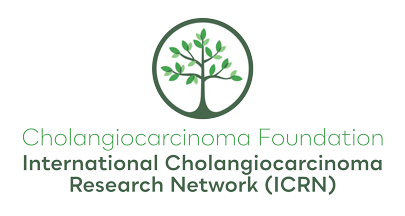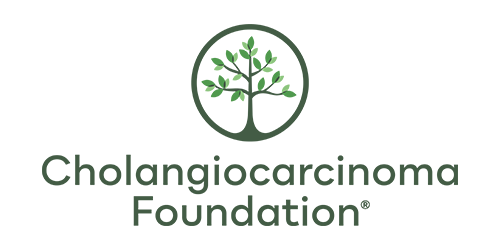
ICRN Meet the Experts
Meet-the-Experts is a new ICRN program focused on highlighting two cholangiocarcinoma experts each month. This information will be available on the ICRN website and will be shared with the whole community. As a recognized expert in our community, we appreciate your participation in providing feedback on these questions.
